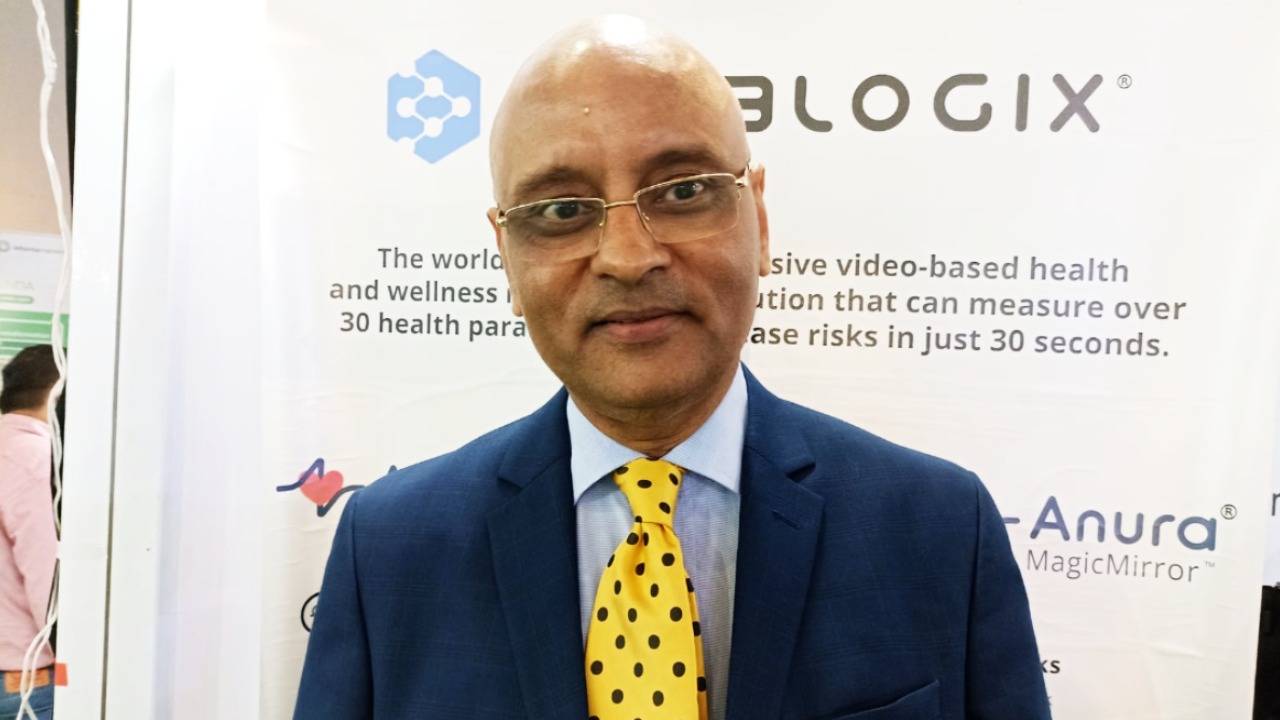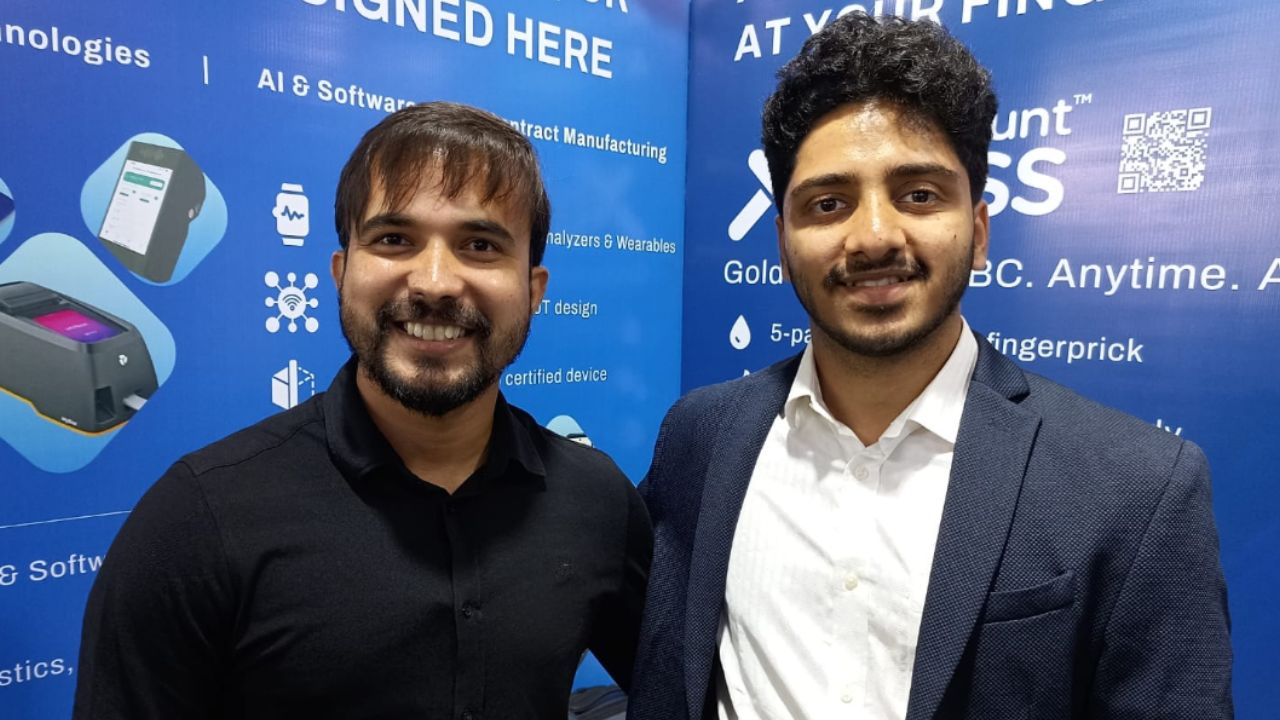Professor Ken Nishikawa, currently serving as a Professor of Organizational Development at Konan University‘s Center for Education in General Studies, Japan, brings over three decades of expertise in Organization Development, Human Development, Economic Resilience, and Practitioner Development through Action Research. His career spans various prestigious Japanese universities, where he has passionately explored these fields since 1988. His pathbreaking thoughts on economic resilience can revolutionize global economy in a significant way.
As an active member of professional organizations like OD Network, IODA, and ODAJ, Prof. Nishikawa deeply values cultural diversity. Recently appointed as Co-Vice President of Conferences and Events at IODA from May 2020, he strives to advance global dialogue and collaboration in his field.
In an exclusive dialogue with The Interview World, Prof. Ken Nishikawa delves into resiliency economics, advocates for the strategic value of moderation, and provides nuanced perspectives on the power of virtual networking in global collaboration. He also highlights both the current state and prospects of the Indian economy. Here we present the key insights from his conversation.
Q: How do you define ‘resiliency economics’ and its significance in today’s economic landscape?
A: Resilience is more than just perseverance; it encapsulates the fusion of determination and strategic foresight. When confronted with adversity, individuals envision navigating challenges and achieving higher levels of performance driven by unwavering willpower. This mental resilience not only empowers them to endure difficulties but also shapes a pathway towards future success.
Additionally, resilience involves building a robust support network. Much like street children who transcend their circumstances by seeking assistance and cultivating positive mindsets, individuals can overcome adversity by leveraging supportive relationships and maintaining optimistic perspectives. These elements—willpower and positive energy—serve as catalysts for transformation, enabling individuals to not only survive but thrive in challenging situations.
By integrating these qualities, individuals can forge a new path forward, transcending obstacles and realizing their potential. This comprehensive approach exemplifies resilience in social psychology, illustrating how combining determination with strategic thinking fosters personal growth and achievement in both personal and professional contexts.
Q: What does ‘the theory, wisdom of moderation’ entail, and how does it apply to your perspective or philosophy?
A: Moderation serves as the cornerstone of effective regulation and balanced decision-making. It entails steering clear of both excessive indulgence and inadequate action. In the face of uncertainty, extremist viewpoints often advocate for lofty, idealistic goals. However, moderation stands firm, advocating for a pragmatic approach that avoids extremes—neither taking too much nor too little.
Achieving this equilibrium is challenging but essential. Moderation encourages a mindset of prudence and self-awareness, prompting careful consideration of our path forward. This conscientious approach yields temporary solutions that help navigate complex landscapes with greater resilience and foresight.
Regrettably, religious contexts misconstrue moderation. Yet, the current landscape presents an opportune moment to redefine moderation in a secular light, applicable to everyday situations. Embracing diverse perspectives and fostering honest dialogue among individuals can foster a more inclusive and balanced approach.
Thus, now is the time to embrace moderation not just as a concept but as a guiding principle that promotes reasoned discourse and sustainable decision-making in all facets of life.
Q: How have your virtual networking efforts led to meaningful global collaborations and future partnership opportunities?
A: In today’s interconnected yet diverse society, the ability to cultivate virtual communities is paramount. By strategically connecting two or three individuals through online networks, we can initiate small yet meaningful communities. For instance, during my tenure at Jaipuria Institute of Management, I actively exchanged LinkedIn and Facebook contacts with professionals in the field. Despite returning to Japan, I have maintained consistent communication with them, fostering ongoing relationships and professional growth.
This illustrates the transformative potential of virtual networking. While these communities may begin modestly, they harbor significant opportunities for expansion and collaboration. Looking ahead, I anticipate leveraging these connections to establish additional bridges between India and Japan during my future visits. Such initiatives not only enrich professional networks but also pave the way for diverse perspectives and fruitful partnerships in our interconnected global landscape.
Q: What are your insights on the current state and prospects of the Indian economy?
A: I am thoroughly impressed by the strength and vibrancy of India’s economy, particularly in its appeal to Japanese stakeholders. Japan, facing challenges of an aging population, shoulders a significant burden as many seniors struggle to transition into the digital era.
Having spearheaded a program for senior students aged between their 70s and 80s, I’ve witnessed firsthand the identity crises many face post-retirement or job loss. Unfortunately, Japanese society often marginalizes seniors who are perceived as less productive.
Through initiatives to enhance self-awareness among seniors, some have successfully forged new identities, even pursuing advanced education like MBAs. Supporting these transformations is crucial for preparing seniors to adapt to a rapidly evolving economy.
In contrast, I am deeply impressed by the dynamism and vitality of India’s economy. Reflecting on my experiences over the past decade, the shift is palpable—from scarce flights between Tokyo and India to now bustling air and sea routes. This transformation underscores India’s promising future, driven by its demographic dividend—a youthful population capable of accelerating economic growth.










2 Comments
you are in reality a good webmaster The website loading velocity is amazing It sort of feels that youre doing any distinctive trick Also The contents are masterwork you have done a fantastic job in this topic
so much superb info on here, : D.
Comments are closed.